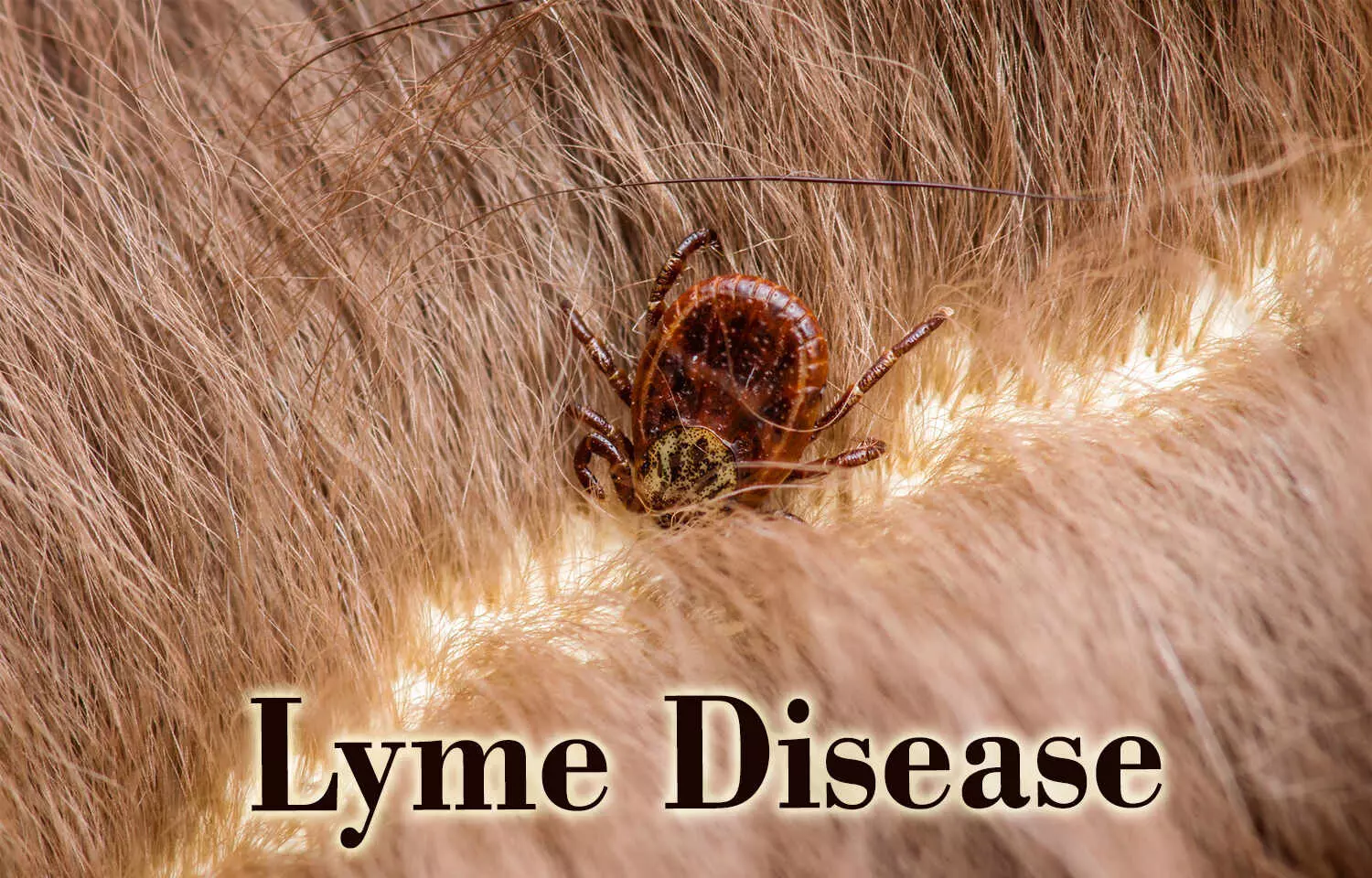Clinical trial finds VLA15 vaccination safe and effective against Lyme disease: Lancet

The incidence of Lyme borreliosis has been rising steadily which leads to severe health outcomes and highlights the urgent need for effective preventive measures. Despite this growing need, no vaccine is currently available for human use to combat Lyme disease. Thereby, the outcomes of two recent clinical studies published in The Lancet Infectious Diseases journal finds VLA15, an investigational vaccine targeting outer surface protein A (OspA) serotypes 1–6 safe and effective against the most common Borrelia species causing Lyme disease in Europe and North America.
The randomised, multicentre phase 2 trials were conducted in adult population who were of 18 to 65 years without a recent history of Lyme borreliosis or tick bites. Study one included a total of 573 participants at nine sites in the USA, Germany and Belgium, while study two included a total of 248 participants at five of the original US sites. The participants were assigned to receive either 90 μg (study one only), 135 μg or 180 μg of VLA15, or a placebo via intramuscular injection across various schedules.
Initial safety phases in study one led to the discontinuation of the 90 μg dose following recommendations from the Data Safety Monitoring Board, proceeding with the 135 μg and 180 μg doses. Stratified randomisation by study site, age group and baseline B burgdorferi serostatus ensured balanced participant allocation across the groups.
The primary endpoint measured OspA-specific IgG geometric mean titres (GMTs) one month after the third vaccination showed robust antibody responses. In study one, the highest GMTs for the 180 μg dose were observed at 308.6 units per mL for serotype 3. Study two, extended the vaccination schedule to months 0, 2 and 6, this in turn demonstrated even stronger immune responses with GMTs reaching up to 596.8 units per mL for serotype 3 in the 180 μg group.
Safety evaluations revealed that the vaccine was well tolerated. The participants who received VLA15 reported higher frequencies of solicited local and systemic adverse events when compared to the placebo group, though these were mostly mild or moderate. Unsolicited adverse events were comparable between vaccine and placebo groups and serious adverse events were rare and unrelated to the vaccine. These findings pave the way for further clinical development for a preventive vaccine for Lyme borreliosis to combat its rising incidence.
Source:
Bézay, N., Wagner, L., Kadlecek, V., Obersriebnig, M., Wressnigg, N., Hochreiter, R., Schneider, M., Dubischar, K., Derhaschnig, U., Klingler, A., Larcher-Senn, J., Eder-Lingelbach, S., & Bender, W. (2024). Optimisation of dose level and vaccination schedule for the VLA15 Lyme borreliosis vaccine candidate among healthy adults: two randomised, observer-blind, placebo-controlled, multicentre, phase 2 studies. In The Lancet Infectious Diseases. Elsevier BV. https://doi.org/10.1016/s1473-3099(24)00175-0



